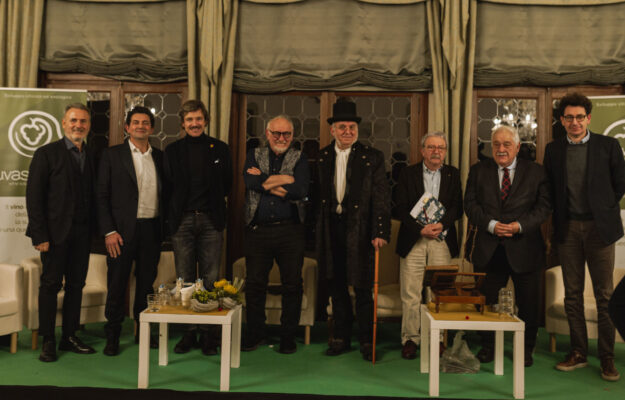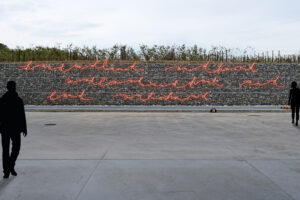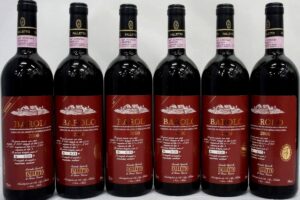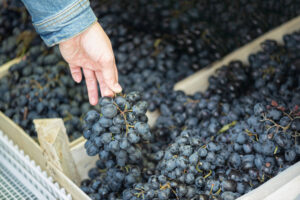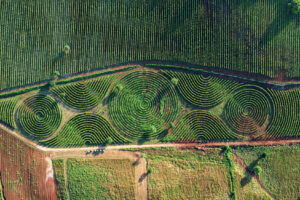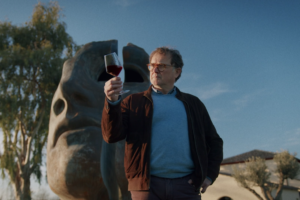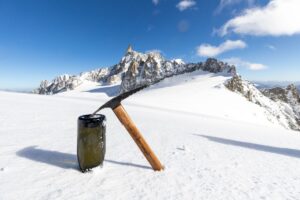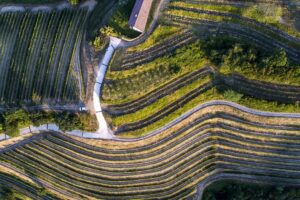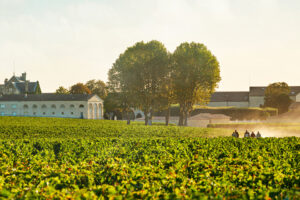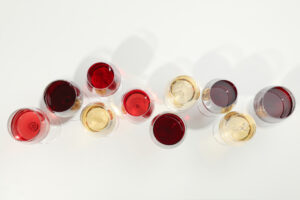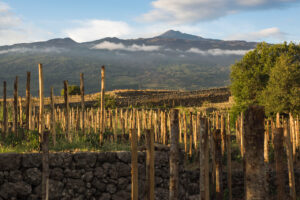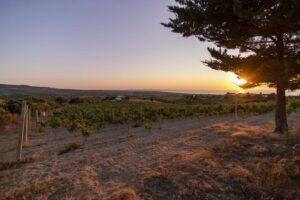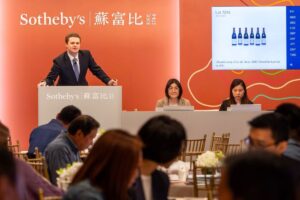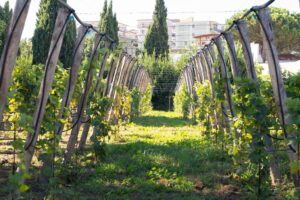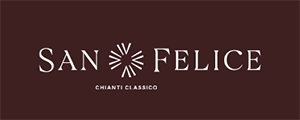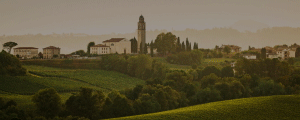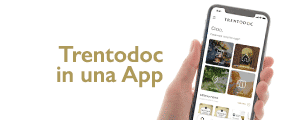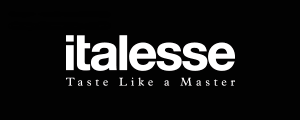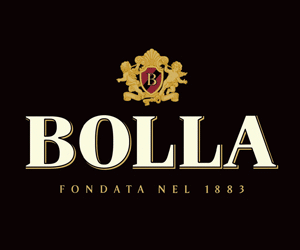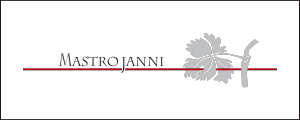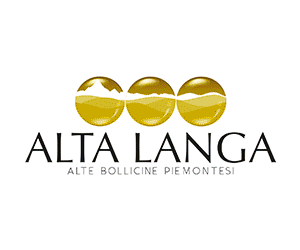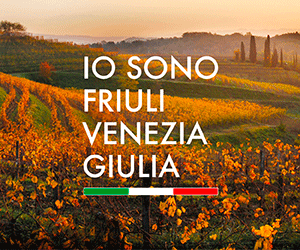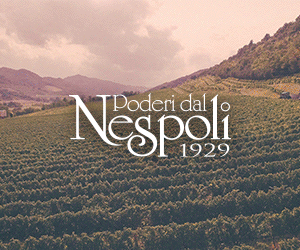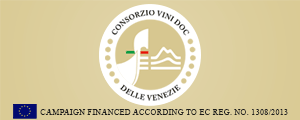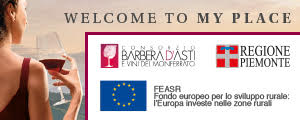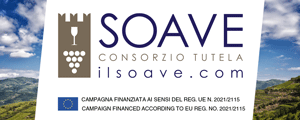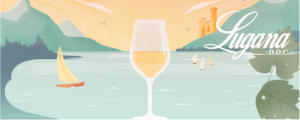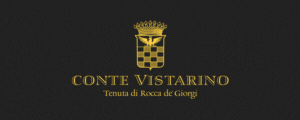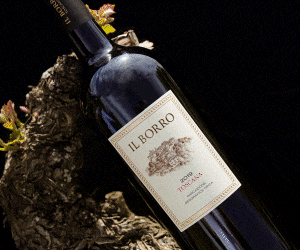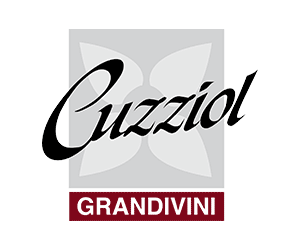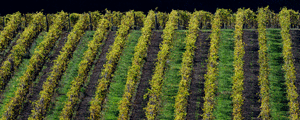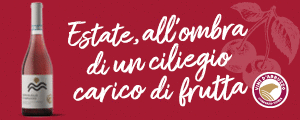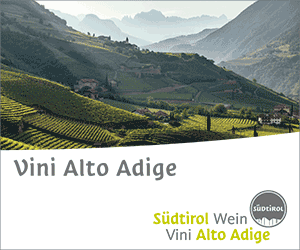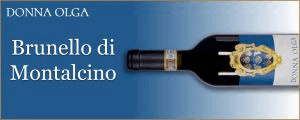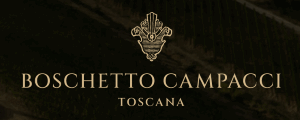Put together a plant neurobiologist, an engineer former team principal of the Ferrari stable, a Master of Wine, an eclectic professor of viticulture, and an anthropologist to reason about the fundamentals of their scopes. Shake it all up and you get the “multidisciplinary contaminations for a necessary evolution” of the “wine to come”. Thus Uva Sapiens, a consulting company in the wine sector, wanted to make a contribution to the vision of the future of wine in its 10th anniversary year with a conference (“The Wine to Come. Multidisciplinary contaminations for a necessary evolution”, in recent days, at the San Salvatore Castle in Susegana-Treviso), in which vine and wine were seen from different angles.
On the other hand, this is the approach inherent in the genesis and consulting philosophy of Uva Sapiens - founded in 2013 by Mattia Filippi, Umberto Marchiori and Roberto Merlo - based on multidisciplinarity “to overcome - as explained by Umberto Marchiori, president of Uva Sapiens - the compartmentalization of expertise and consulting services in the wine world that makes the response provided to producers’ needs often dispersed and segmented. On the contrary, our consultancies gather different points of view and arrive at synthesis using the positive contamination of the entire production process”.
The first step, look at the vine by drawing on the vision of Stefano Mancuso, plant neurobiologist and full professor of general arboriculture and tree cultivation at the University of Florence, on how to value plants differently: “Plants are not only the basis of life”, Mancuso explained, “but they represent the possibility that life itself exists. They share 85% of living organisms, while we animals are 0.3% of the biomass of the Planet, that is, an insignificant portion. Proportions that give pause and must necessarily also change our perception of the importance and role of different systems on Earth”. But it is not only a question of weight, but also of intelligence. “The plant one”, Mancuso continued, “definitely exceeds the human one, and it takes little to understand this, given the speed at which we are depleting the Planet. Global warming, for example is happening because of greenhouse gas emissions, but also because of the dramatic and continuous cutting down of trees, which strangely is almost always glossed over, while it is an obvious concomitant cause. Considering that intelligence is the ability to solve problems plants have proven to be much smarter than humankind: the average life span of a plant species is 5 million years, while we, with just over 200,000 years, are already facing serious issues of decline”.
From plants to Formula 1, the leap may seem bold, but it is not if the topic is how to deal with the “dystonias” illustrated by Stefano Mancuso, thinking of application in the wine sector. “Research and development, actions, which are strategic and fundamental for the growth of any business and sector”, pointed out Mattia Binotto, former team principal of the Ferrari team, the man to whom the successes of the great Michael Schumacher are linked in particular, “are not the result of creativity, as is often mistakenly believed, but of a process made up of planning, method and rigorous approach. Formula 1 is a very concrete example of totally programmed and rigorously codified research and innovation that sees an average annual investment of 500 million euros per year. However, it is also true”, Binotto added, “that if one wants to progress, it is also essential to accept the risk of failure. Through failures, in fact, one can grow”. And going into the specifics of wine, the question is: grow how? To offer an answer on the method and codification of production and business management processes, Andrea Lonardi, the Master of Wine and chief operating officer of the Angelini Wines & Estates group, one of the most authoritative historical brands in Italian wine: “the main limitation of the Italian wine system”, Lonardi pointed out, “is that it has not been able until now to highlight well-codified and internationally recognizable wine styles. Style allows one to make one’s identity clearly known without having to talk about it, without having to explain it. To create one’s own style it is necessary to identify one’s own values on which to base recognizability and distinctiveness. Values that must permeate every aspect of the business while maintaining great consistency over time while accommodating adjustments in style over time. Style, in fact, is not static, but is constantly evolving, as demonstrated by the history of important appellations such as Bordeaux, which is undergoing a style revolution. Building a reputation is the most arduous task”, Lonardi concluded, “there is no recipe, but method, rigor and time are needed”.
The reputation of a wine starts from a necessary condition: the viticultural vocation of the production territory, or at least that is how it should be. And on the meaning of the viticultural vocation dwelt Attilio Scienza, among the leading experts in viticulture with a humanistic vision, in an excursus that, starting with the Greeks, arrived at the present day, in which pressing issues have become the modification of production regulations, the “delocalization” of viticulture, and the certification of sustainability in order to continue to produce wines that have a market. Issues that all concern the future of wine at a time when it seems to be challenged, and which Paolo Scarpi, an anthropologist and lecturer at the University of Padua’s Graduate School of Historical Geographical and Anthropological Studies, explored by talking about the relationship between man and wine in the past and in the future. “If”, Scarpi stressed, “what happened to wine happens to tobacco, which was also originally connected to ritual actions of socialization, we will lose an important historical cultural heritage as well as an economic sector. Wine has such a strong symbolic function that it is difficult to eradicate, even if it is tried from many quarters. Today wine marketers, perhaps unwittingly, are using precisely socializing symbols in some advertisements. New symbols that are the guarantee of wine’s survival along with educating young people to drink consciously”.
Ending the Uva Sapiens convention was a coup de theatre: the histrionic Danilo Gasparini, a historian and professor of food history at the University of Padua, conducted an impossible interview with Jules Guyot (1807- 1872), an eclectic man who is remembered for the form of vine breeding that bears his surname, but not for the many activities he carried out in his life. Between a joke in macaronic French and a slip into Venetian dialect, the actor who played the hygienist doctor and agronomist born not far from Paris, went through his life step by step, recalling his many inventions, unknown to most, and his vision of viticulture and wine that laid the foundations for modern vitienology.
“Wine”, said Umberto Marchiori, president Uva Sapiens, at the close of the convention, “represents today more than ever a force capable of evolving thanks to the contribution of many different skills, technical, but also and perhaps above all humanistic. We wanted, thanks to the contributions of the speakers, to “throw the ball forward” to explore new solutions and build new awareness in a time, as it is today, that requires us to question old paradigms and open up to new scenarios”.
Copyright © 2000/2024
Contatti: info@winenews.it
Seguici anche su Twitter: @WineNewsIt
Seguici anche su Facebook: @winenewsit
Questo articolo è tratto dall'archivio di WineNews - Tutti i diritti riservati - Copyright © 2000/2024










